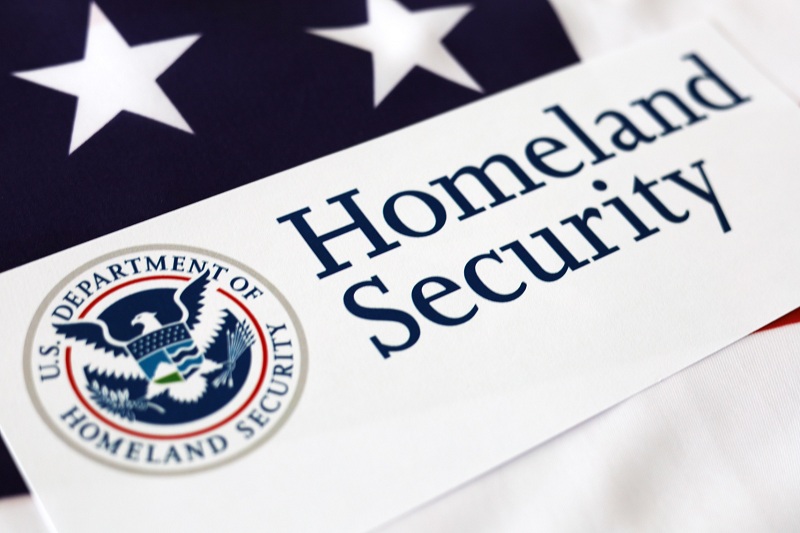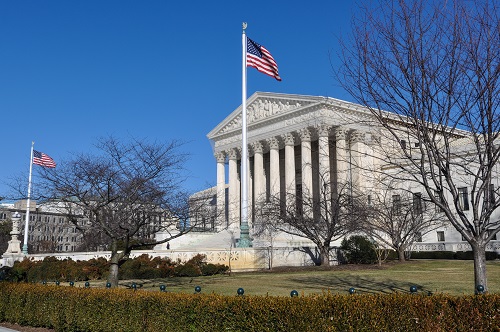Putin’s stamina for war will test the west’s resolve
The writer is a former editor of the Financial Times
The mood in President Volodymyr Zelenskyy’s bunker in Kyiv is sober, bordering on grim these days, and Boris Johnson’s imminent departure from Downing Street will scarcely have lifted spirits. A cartoon character in Britain, Johnson was taken seriously in Ukraine. He delivered on promises of military aid and was a reassuring presence in a western alliance susceptible to Russian blackmail over energy and nuclear weapons.
Vladimir Putin’s strategy has shifted from his original unworkable plan to install a puppet regime in Kyiv. The Russian president has since settled on a grinding war of attrition in the east and south, the aim being to remove Ukraine’s ability to act as a sovereign state.
“All the dumb Russians are dead,” a senior member of Zelenskyy’s entourage told a western visitor recently. Putin, he indicated, was playing a waiting game, confident that he could absorb an initially heavy but now diminishing rate of casualties, smash Ukrainian morale and ultimately prevail in his bid to reassert Russia’s sphere of influence in its near abroad.
In Washington, the Biden administration has concluded that it is vital to “puncture” Putin’s conviction that he can outlast the west. That means Ukrainians must be given the means to inflict losses and take back territory in the Donbas and around the Black Sea port of Kherson.
Under relentless artillery barrages, Ukrainian forces have been forced to stage tactical withdrawals. Though precise casualties are closely guarded, some reports suggest they are losing between 600 to 1,000 people a day. The onus is now on Ukraine to halt and reverse incremental Russian advances and prevent its forces digging in for winter. This will require a far greater western effort to supply and train the Ukraine military.
Crucially, the US administration does not believe this effort extends to driving all Russians out of Ukraine, a prospect viewed as unrealistic and potentially dangerous. Officials are mindful of Russian military doctrine allowing the use of nuclear weapons in the event of an “existential threat”.
Bloodying the point of attack, sabotaging supply lines, playing on Russia’s manpower shortages and raising the threat of an undesired national mobilisation — all this serves the purpose of introducing doubts in the minds of Putin and his commanders.
Only then might there be the possibility of a “pause” in the fighting that would allow Ukraine’s forces to regroup, the Ukrainian economy to recover and exports to resume from its currently blockaded ports. At this point, the door to diplomacy could open, with both Russia and Ukraine coming to the negotiating table with western sanctions still in force.
Or so the thinking goes. The problem with the “pause” scenario is that it may overestimate Putin’s reasonableness and underestimate Ukraine’s determination to fight to the last man and woman. Those who have spoken to Putin since the war began report a leader brimming with grievances against the west, but confident in his leverage over Europe in the coming energy crunch. This week’s cut off of gas exports to Germany — ostensibly for pipeline maintenance — is merely a foretaste.
Pleas for reopening the Black Sea port of Odesa on humanitarian grounds — allowing wheat exports to hard-pressed countries such as Bangladesh, Egypt, Lebanon and Pakistan — have been met with a KGB-style shrug of the shoulders.
Putin’s cynicism reaches heights which even seasoned interlocutors find hard to stomach. For western public opinion, which to date has held firm in support of Ukraine, it should be a wake-up call. He is in for the long haul. This is why it is incumbent on western governments to continue making the case for generous economic, financial and military support for the Zelenskyy government and inevitable sacrifices at home.
Robert Habeck, the German economics minister and Green leader, has been exemplary in this respect as he seeks to wean Germans off cheap Russian oil and gas. So has Mario Draghi, Italy’s prime minister, who warned his citizens that they faced a choice between peace and air conditioning this summer.
In the last resort, the Ukraine war turns on whether the law of the jungle or the rule of law will prevail. The outcome is being watched closely by other large countries, notably China with its “Taiwan temptation”. Johnson is no Winston Churchill but he understood the stakes. In that narrow but important respect, he will be missed on the international stage.








